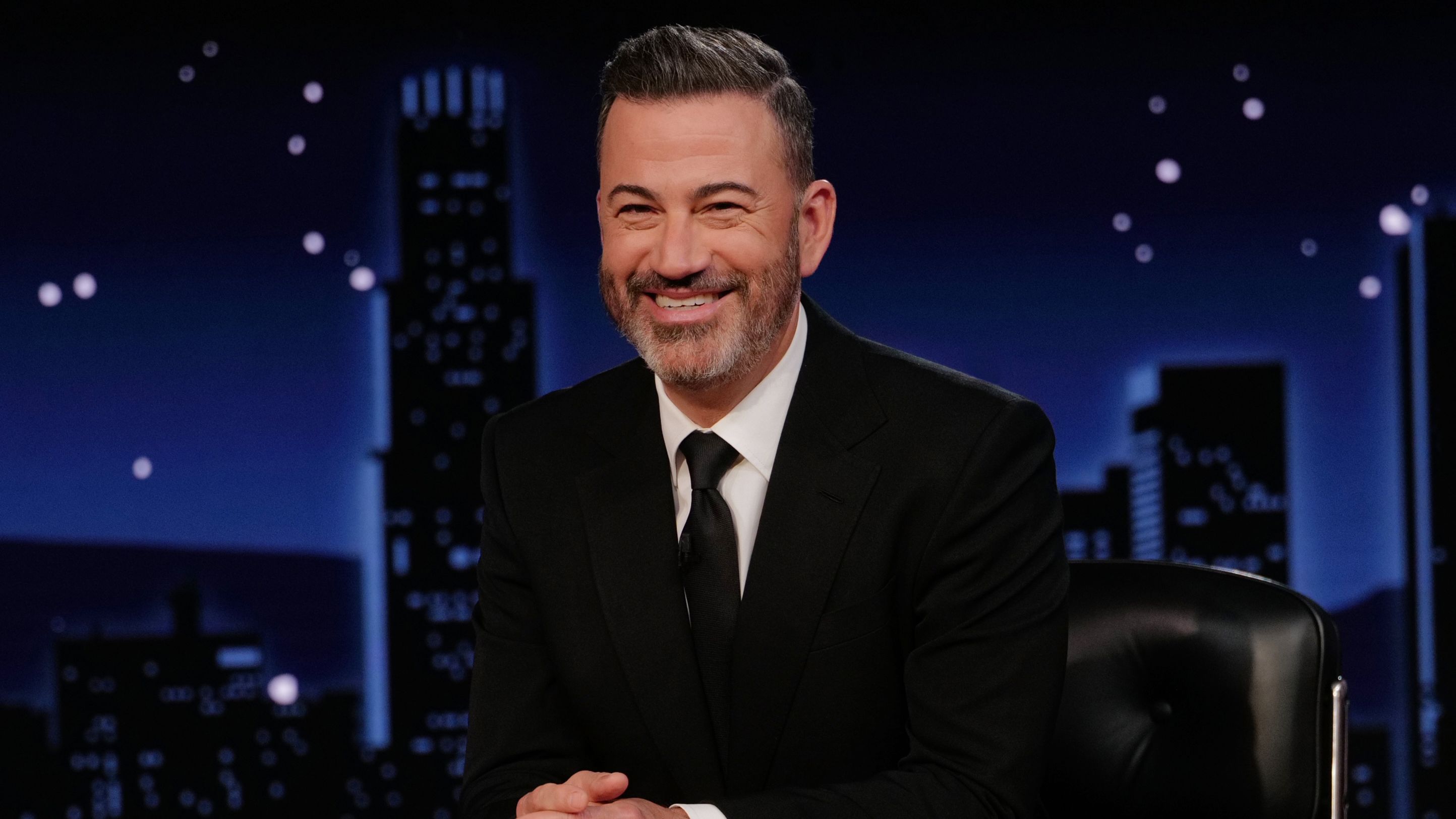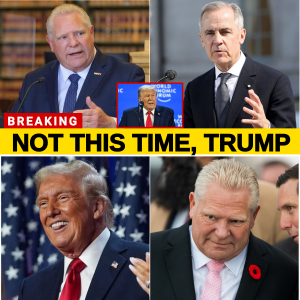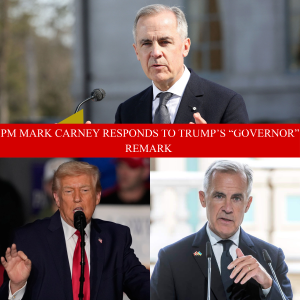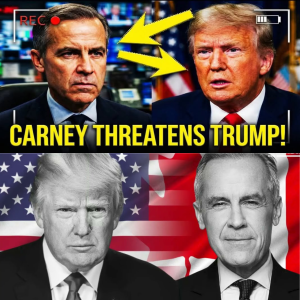Mock the Wrong Man, Lose the Crowd: Disney’s Wake-Up Call in the Age of Outrage
In the glittering yet treacherous world of late-night television, where satire dances perilously close to the political fault lines, Jimmy Kimmel has long been a provocateur. But on September 15, 2025, his monologue crossed into a minefield, igniting a firestorm that engulfed not just him, but his corporate overlords at Disney. Kimmel’s offhand jab at the “MAGA gang” for politicizing the assassination of conservative activist Charlie Kirk—shot dead on stage at Utah Valley University five days earlier—drew swift backlash. Within hours, the Federal Communications Commission (FCC), under Trump-appointed Chairman Brendan Carr, threatened regulatory action against ABC, Disney’s broadcast arm. By September 17, “Jimmy Kimmel Live!” was suspended indefinitely, affiliates pulled the plug, and a boycott wave crashed over Disney+ and Hulu. Kimmel laughed it off in the moment; America, or at least a vocal swath of it, did not. Millions hit “cancel,” and the entertainment behemoth learned a brutal lesson: Mock the wrong man, and the crowd turns on you. Poetic justice or cancel-culture revenge? The ledger of lost subscribers suggests the latter, but the broader implications for free speech and corporate cowardice run deeper.

The spark was as tragic as it was incendiary. Charlie Kirk, the 31-year-old founder of Turning Point USA, a right-wing youth organization, was gunned down mid-speech by Tyler Robinson, a 24-year-old whose motives remain murky. Authorities described it as a targeted attack, possibly rooted in Robinson’s objection to Kirk’s “hatred,” though the suspect’s mother later claimed a recent leftward shift. No clear political affiliation emerged for the shooter, but conservatives seized the narrative, blaming “leftist rhetoric.” Enter Kimmel, whose show thrives on skewering Trumpworld. In his opening bit, he quipped: “We hit some new lows over the weekend with the MAGA gang desperately trying to characterize this kid who murdered Charlie Kirk as anything other than one of them, and doing everything they can to score political points from it.” It was classic Kimmel—sharp, partisan, and laced with the implication that the shooter was a rogue MAGA element. Conservatives erupted, accusing him of blood libel and mischaracterizing a tragedy for laughs.
The backlash was ferocious and multifaceted. FCC Chair Carr, a Project 2025 architect and vocal critic of “left-leaning” media, blasted Kimmel on podcaster Benny Johnson’s show as engaging in “the sickest conduct possible.” He hinted at license revocations for ABC affiliates, invoking the agency’s vague “obscenity” and “public interest” standards. Nexstar Media Group and Sinclair Broadcasting, owners of dozens of ABC stations, promptly yanked the show, citing viewer complaints. President Trump himself weighed in on Truth Social, calling Kimmel a “loser comic” whose “hate speech” endangered lives. Social media amplified the fury: #CancelKimmel trended with over 2 million posts, many tagging Disney CEO Bob Iger. Conservative influencers like Ben Shapiro and Candace Owens urged followers to ditch Disney products, from Mickey ears to Marvel films. “Jimmy Kimmel mocked a man’s murder. Time to mock Disney’s profits,” Shapiro tweeted, racking up 150,000 likes.
Disney, no stranger to cultural skirmishes—from the “Don’t Say Gay” bill boycott to Scarlett Johansson’s casting feud—caved quickly. The suspension was framed as a “thoughtful pause” to avoid “inflaming tensions,” but insiders whispered of advertiser jitters and stock tremors. Shares dipped 0.67% the day after, erasing $3.87 billion in market value, per Bloomberg estimates. Yet the real sting came from subscribers. Antenna, a media analytics firm, reported Disney+’s churn rate—cancellations as a percentage of base—surging to 8% in September from a steady 3-5% prior, while Hulu’s jumped to 10% from 4-6%. That’s potentially hundreds of thousands of dropouts, though offset somewhat by 2.2 million new Disney+ sign-ups (up 10% from August) amid the drama. Celebrities piled on: Misha Collins announced his “indefinite” Disney+ cancellation on X, tweeting a screenshot of his account closure. Wil Wheaton called for a “coordinated national day of cancellations” on Bluesky, framing it as a stand for American values. A Change.org petition to reinstate Kimmel amassed 150,000 signatures in days, decrying Disney’s “fascist capitulation.”

The suspension lasted less than a week, ending September 22 after “conversations” with Kimmel. His return monologue was a tear-streaked masterclass in contrition and defiance: “I did not intend to make light of the killing of Charlie Kirk,” he said, voice cracking, before pivoting to a fiery defense of satire. “Comedy is how we process the absurd horrors of the world.” It shattered records, amassing 15 million YouTube views in 16 hours—the most-watched in late-night history. Late-night peers rallied: Jon Stewart joked about “pretending to cancel Hulu while bingeing Only Murders in the Building,” while Stephen Colbert hailed it as “wonderful news” amid his own show’s impending cuts. Seth Meyers dubbed the reversal a “massive national backlash to Trump’s crackdown on free speech.” Even some conservatives, like podcaster Joe Rogan, critiqued the FCC’s overreach, warning of a “slippery slope” for all comedy.
But the episode exposed fault lines in America’s fractured media landscape. For progressives, it was a chilling echo of McCarthyism: a Trump-era FCC weaponizing regulation to silence dissent. The ACLU filed a complaint, arguing it violated First Amendment protections, while lawmakers from both parties grilled Carr in Senate hearings. Democrats like Rep. Malcolm Kenyatta blasted it as “fascist fumbling,” tying it to broader Trump policies like ICE’s aggressive tactics. Conservatives, however, reveled in the irony. “The same crowd that cried ‘cancel culture’ now boycotts over hurt feelings?” tweeted @atrupar, highlighting MAGA’s selective outrage. Kirk’s widow, Erika, tearfully defended her husband’s legacy on Fox, but posts celebrating the assassination drew doxxing and firings—prompting Trump to quip about “consequence culture,” not cancellation.

At its core, this saga underscores cancel culture’s double-edged blade. What began as a conservative pushback against “hate speech” morphed into a liberal revolt against corporate kowtowing. Disney, chasing neutrality in a polarized era, alienated everyone: Its stock wobble and subscriber exodus prove audiences wield real power via remotes and apps. As one X user lamented, “Republicans suck at cancel culture—Jimmy Kimmel still has a job.” Yet the left’s boycott, amplified by stars like Ben Stiller and Meryl Streep, forced a quicker reversal than any advertiser pullout. Poetic justice? Perhaps, if you see it as the crowd holding a media giant accountable. Revenge? Undeniably, when millions weaponize subscriptions to punish perceived betrayal.
As October 2025 unfolds, the fallout lingers. Kimmel’s ratings spiked 25% post-return, but Disney’s Q3 earnings loom with scrutiny on streaming metrics. Broader questions persist: Can satire survive regulatory threats? Will boycotts become the new blacklisting? In a nation where tragedy fuels tribalism, Kimmel’s quip reminds us that laughter is fragile—and crowds, unforgiving. Disney+ and Hulu didn’t just learn to tread lightly; they felt the boot of backlash. The mouse that roared may now whisper.





